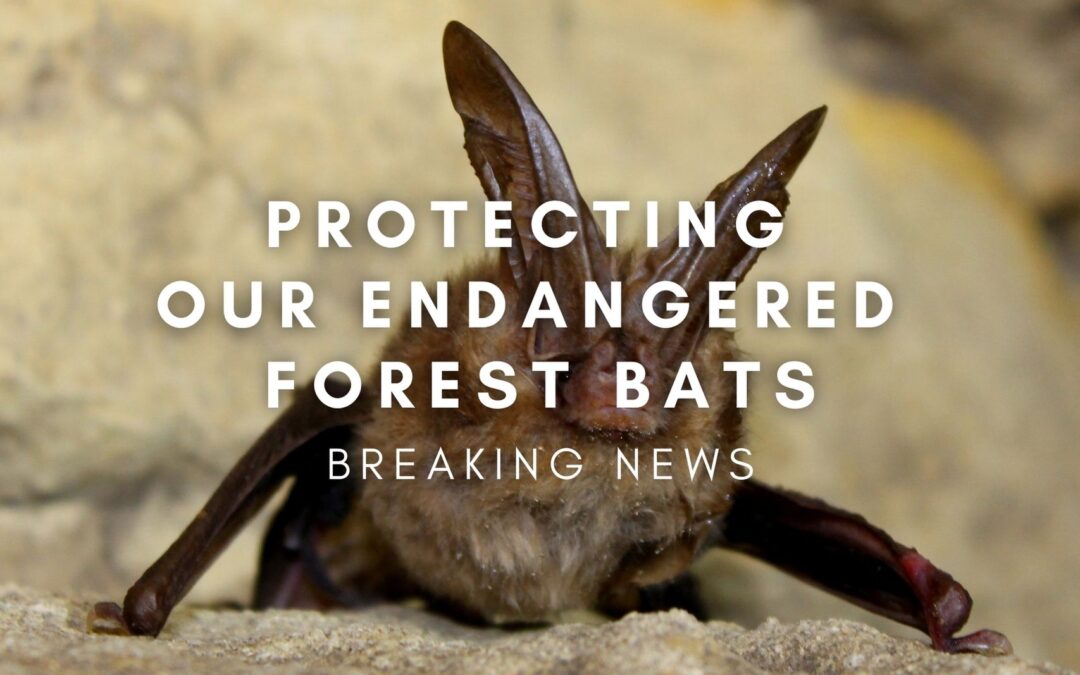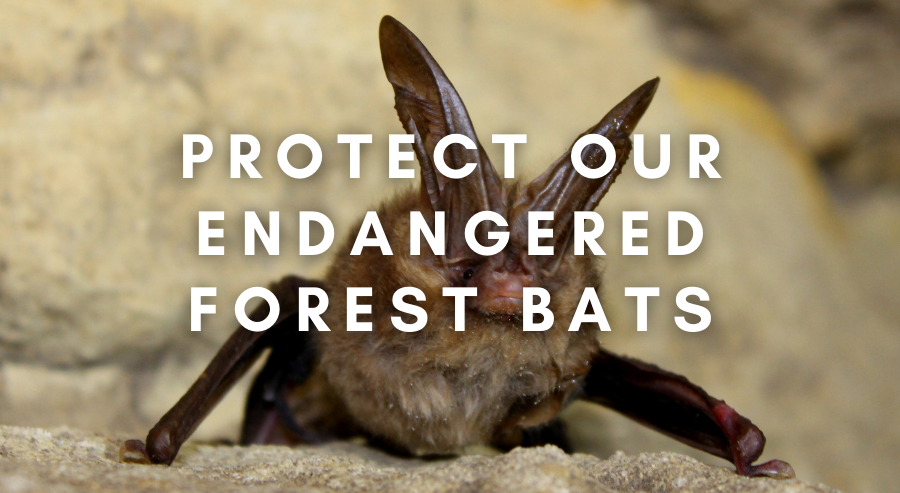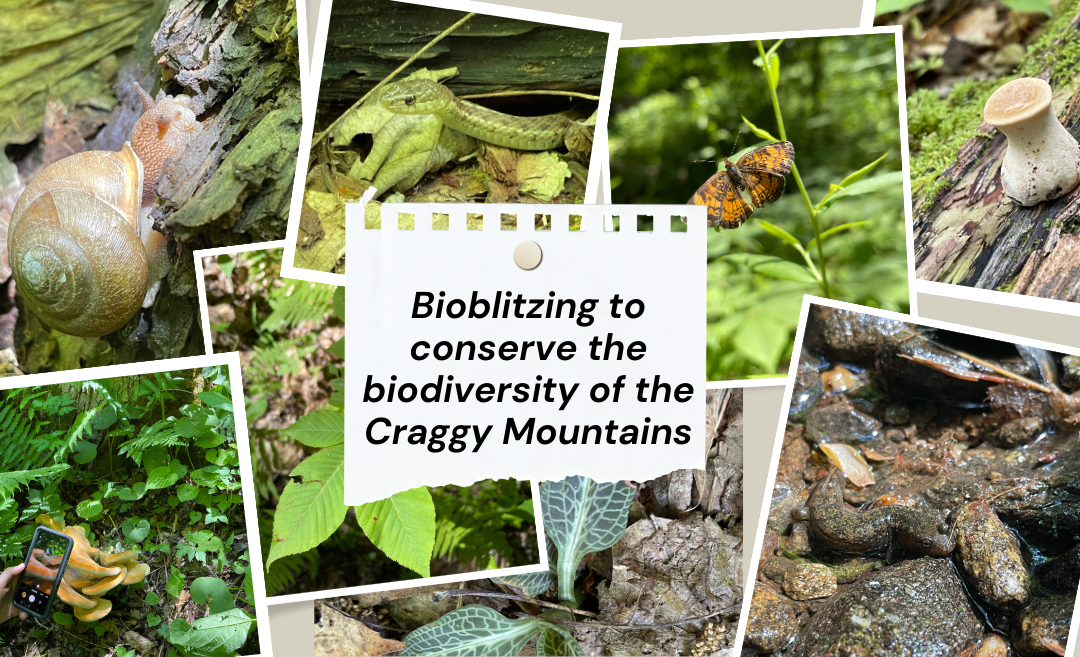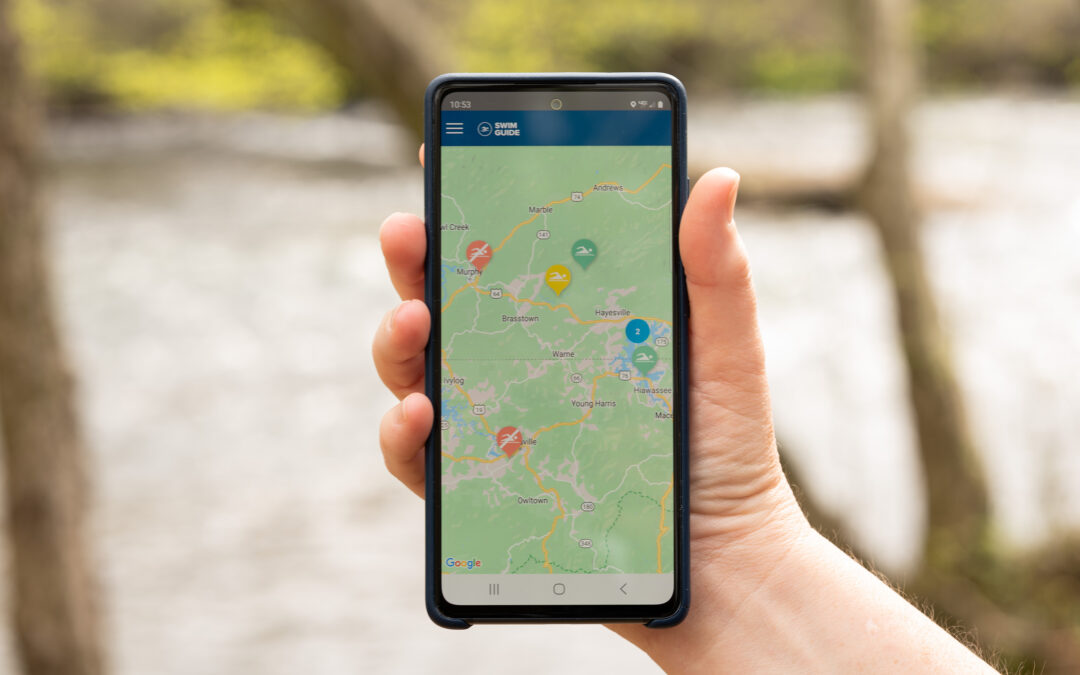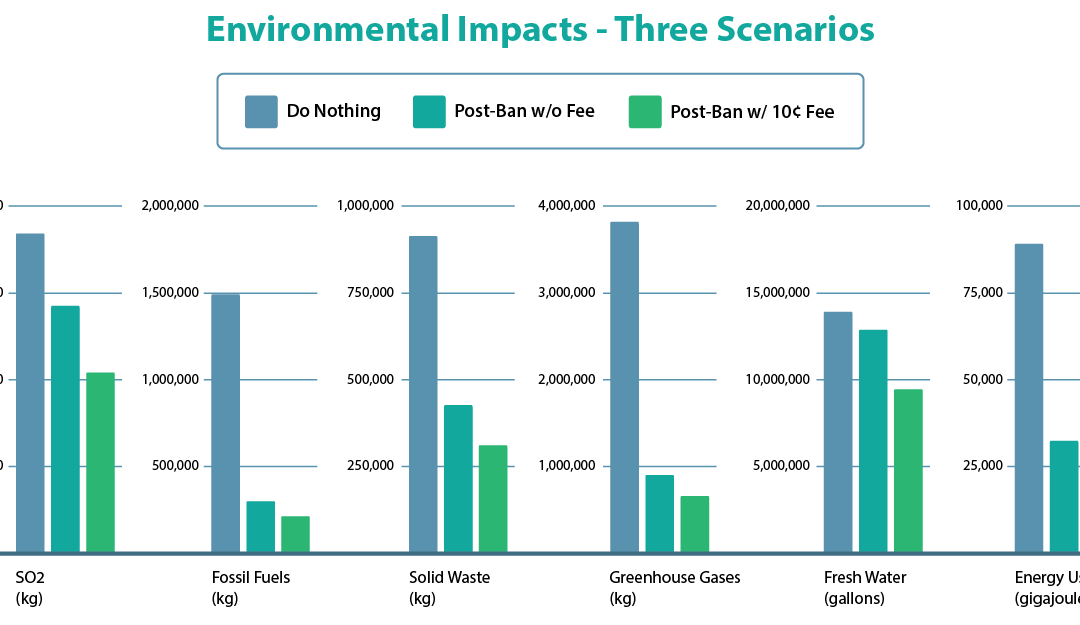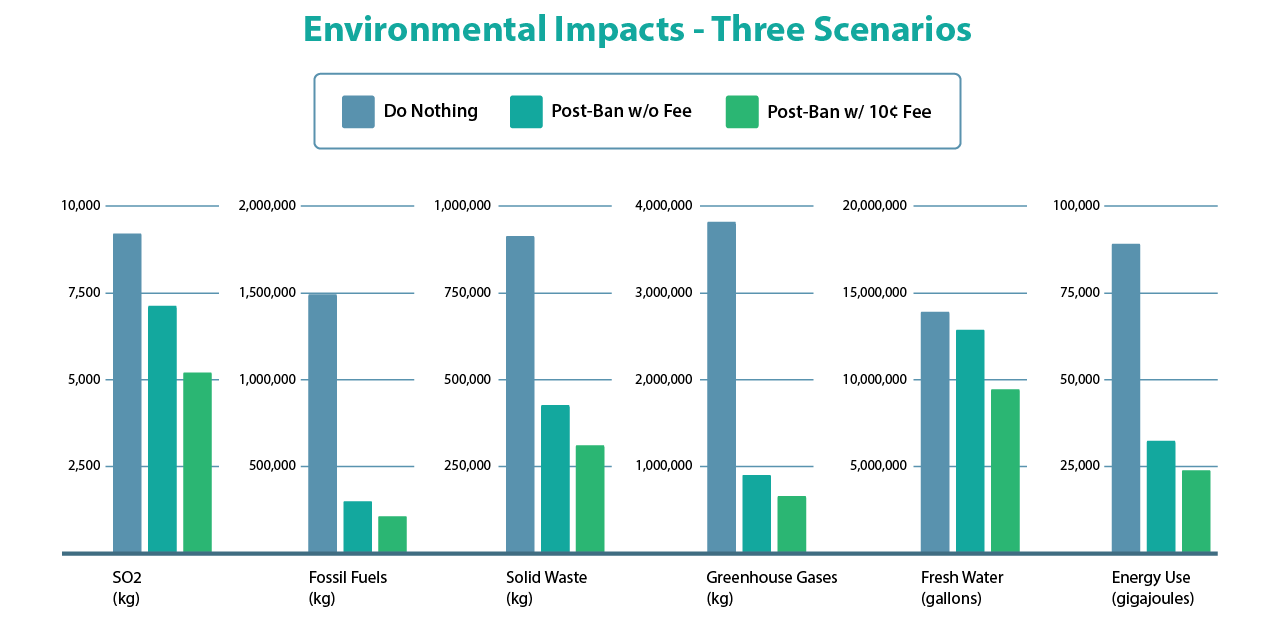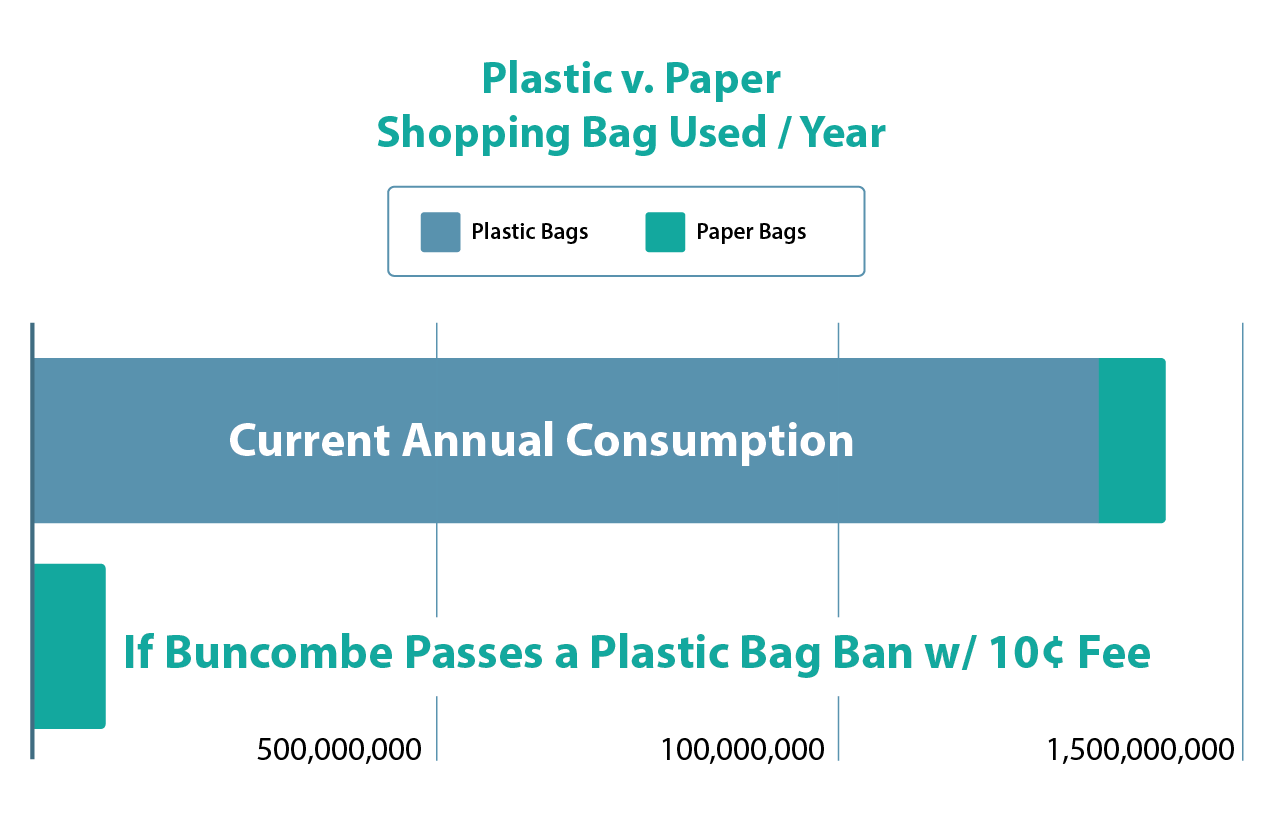
Language in NC Budget Would Strip Local Governments’ Ability to Pass Plastic Bag Bans and Other Waste Reduction Efforts to Protect Environment, Public Health, Landfills and Recycling Centers
Language in NC Budget Would Strip Local Governments’ Ability to Pass Plastic Bag Bans and Other Waste Reduction Efforts to Protect Environment, Public Health, Landfills and Recycling Centers
Media Contacts:
Karim Olaechea, Deputy Director of Strategy & Communications at MountainTrue
(828) 400-0768, karim@mountaintrue.org
Katie Craig, State Director at NCPIRG
kcraig@ncpirg.org
Ken Brame, President of the Sierra Club’s Western North Carolina Group
(828) 423-8045,kenbrame10@gmail.com
Michelle B. Nowlin, Co-Director at Duke Environmental Law and Policy Clinic
(919) 613-8502, nowlin@law.duke.edu
For Immediate Release
Raleigh, September 19 — A draft conference report of the state budget released to the media includes language that would prohibit counties (§ 153A-145.11) and cities (§ 160A-205.6) from passing ordinances, resolutions, or rules that would restrict, tax, or charge a fee on auxiliary containers — the definition of which includes bags, cups, bottles, and other packaging.
This language would preempt local control and undermine existing provisions of the NC Solid Waste Management Act that give counties and cities the authority to ban single-use plastic bags and other forms of packaging and the use of plastic foam (e.g., styrofoam) in foodware. The inclusion of the preemption in the budget comes as both Asheville and Durham are considering ordinances to reduce plastic pollution, and the towns of Woodfin and Black Mountain have passed resolutions in support of a Buncombe County-wide ordinance. In 2021, Wilmington also passed a resolution encouraging the reduction of plastic waste.
Efforts to reduce plastic waste are popular among citizens and businesses. A survey from the City of Asheville received nearly 7,000 resident responses and showed support at 80%. Among 57 businesses surveyed in the Asheville area, there was widespread support for a waste reduction ordinance banning single-use plastic bags, plastic takeout containers, and styrofoam products.
The following are statements from representatives of organizations working to reduce plastic pollution:
Hartwell Carson, French Broad Riverkeeper (a program of MountainTrue):
“Plastic pollution is a threat to our environment and the health of North Carolina residents. Our right to protect ourselves from dangerous pollutants is too important to be traded away to fossil fuel and retail industry lobbyists in backroom deals. We urge our elected officials to remove any such language and pass a clean budget.”
Sarah Ogletree, Director of the Creation Care Alliance of WNC (a program of MountainTrue):
“This ban is about loving our neighbors—protecting the air and water we all need to survive and thrive. The General Assembly should not prevent us from living our faith by caring for God’s creation.”
Katie Craig, State Director of the North Carolina Public Interest Research Group:
“Plastic waste threatens our health, environment, and communities. Our cities and counties often bear the impacts of our plastic waste problem, from managing recycling and landfill facilities to cleaning up litter in our parks and waterways. So, they should have a say in how their communities address the problem too. By preempting local authority to regulate single-use plastic bags, this provision threatens to undermine the ability of cities and counties in North Carolina to take meaningful steps towards sustainability, environmental protection, and the wishes of their own communities.”
Ken Brame, President of the Sierra Club’s Western North Carolina Group:
“At a time when we are seeing record heat waves and flooding due to Climate Change, why would the NC General Assembly prevent local governments from reducing carbon-intensive plastic bags? Microplastics from plastic bags are being ingested and are becoming a health risk. The General Assembly should care more about the health of its citizens than the profits of the plastic industry.”
Susannah Knox, Senior Attorney, Southern Environmental Law Center:
“This is a short-sighted attempt to take control from local governments trying to serve their communities by protecting public health and cleaning up their streets and creeks. Citizens and businesses across the state have expressed overwhelming support for reducing plastic pollution, and politicians in the General Assembly should not stand in their way.”
If you or your organization, club, or business would like to voice their support for a Plastic-Free WNC, please contact karim@mountaintrue.org.
# # #

